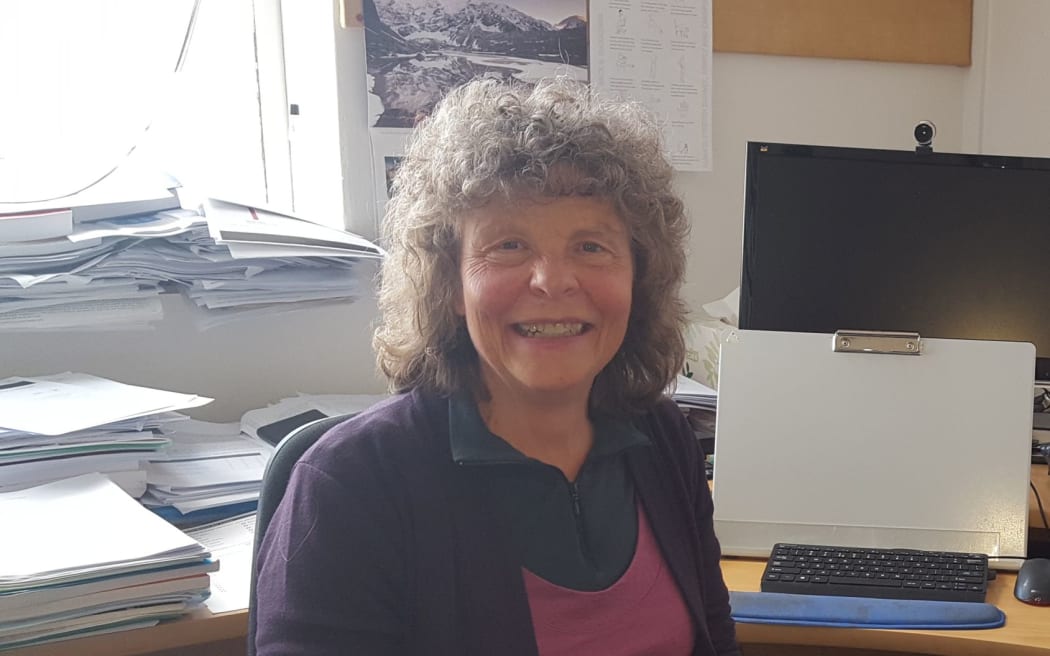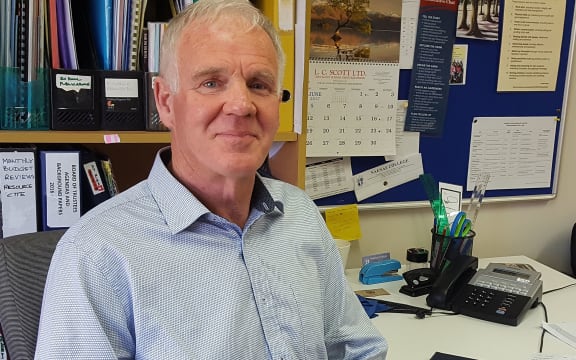Education leaders are warning that one of the government's flagship education policies will fail without more support and big changes.

Photo: 123rf
The Communities of Learning scheme has schools group together with the best teachers paid more to lead improvements.
Teachers and principals say it is the biggest education change since 1989's Tomorrow's Schools reforms gave schools the power to govern and manage themselves.
Principals' Federation president Whetu Cormick said the policy was "huge" but he was worried the plan had shifted from its original focus on children's achievement.
"The notion of Communities of Learning [has] moved from that to the notion of saving money - bundled services, schools working together to save money essentially - which in turn will save money for the government.
"Money saved will not improve achievement for young people."
Mr Cormick said those changes combined with changes to the Education Act meant the Communities of Learning could now be used to merge many schools under one principal and board of trustees.
"That's, I guess, the worst case scenario," he said.
Educational Institute president Lynda Stuart said the scheme needed to be voluntary, but some schools felt increasing pressure to join in.
"They think that they should be doing something because they may miss out on resourcing or there's talk about some people feeling that they're going to miss out on PLD [professional learning and development] or special education and that's not okay."

Council for Educational Research senior researcher Cathy Wylie. Photo: RNZ / John Gerritsen
A senior researcher at the Council for Educational Research, Cathy Wylie, said the government had introduced the potential for merged schools and shared services too soon.
She said schools were still learning how to work together and they would need further support to ensure the policy worked.
"This is a big system change and it will need further change if it is going to bring about what is hoped for it," Dr Wylie said.
But Waikato University education professor Martin Thrupp doubted the policy would have much impact because the school system was still based on individual schools competing with one another for students.
"It's going to struggle to get traction," he said.
"The idea that they're [schools] going to put a lot of effort into these clusters and advance the system as a whole through that, I just can't see it."
In the Hutt Valley, Naenae College principal John Russell said the policy recognised that collaboration was essential, but too much of the competitive system was still in place.
"We're still keeping the foundations, keeping the pretense of the Tomorrow's Schools' model and trying to patch up the frame on the top and it's not going to work."

Naenae College Principal John Russell Photo: ( RNZ / John Gerritsen )
Mr Russell said the Communities of Learning would not realise their potential because they did not allow collaborative leadership and because they were restricted to a focus on children's achievement in the NCEA and the National Standards in reading, writing and maths.
Education Minister Nikki Kaye said the government was open to further changes to ensure the model succeeded.
She said the government was considering channelling money for things like property to the Communities of Learning because that was what some schools were asking for.
"We're going at the pace a number of Communities of Learning are asking of us," she said.
Ms Kaye said she was confident the scheme would lead to further improvements in children's achievement.
* You can hear more about the impact of nine years of National-led government on schools online and on air on Insight just after the 8am news on.






